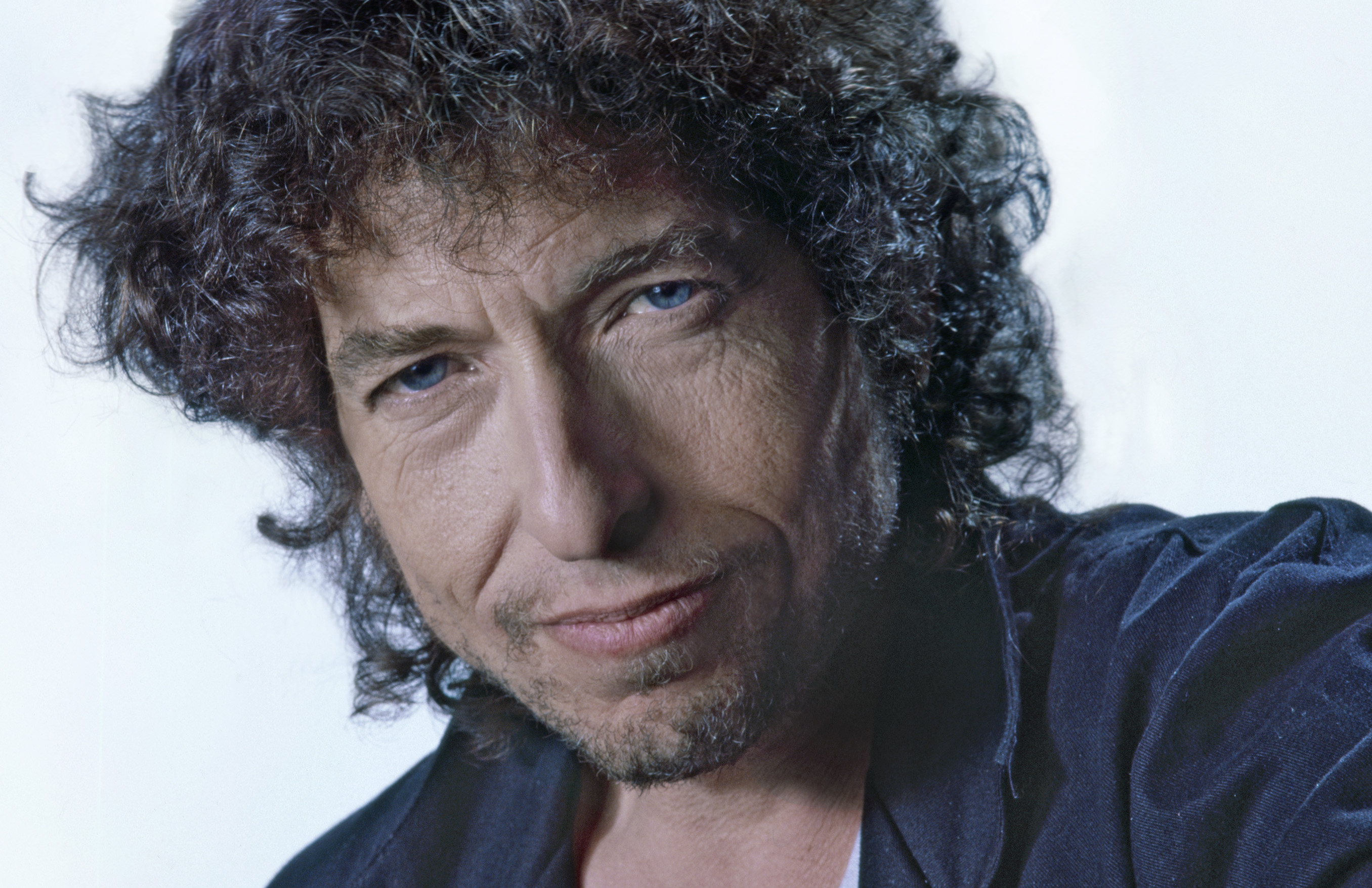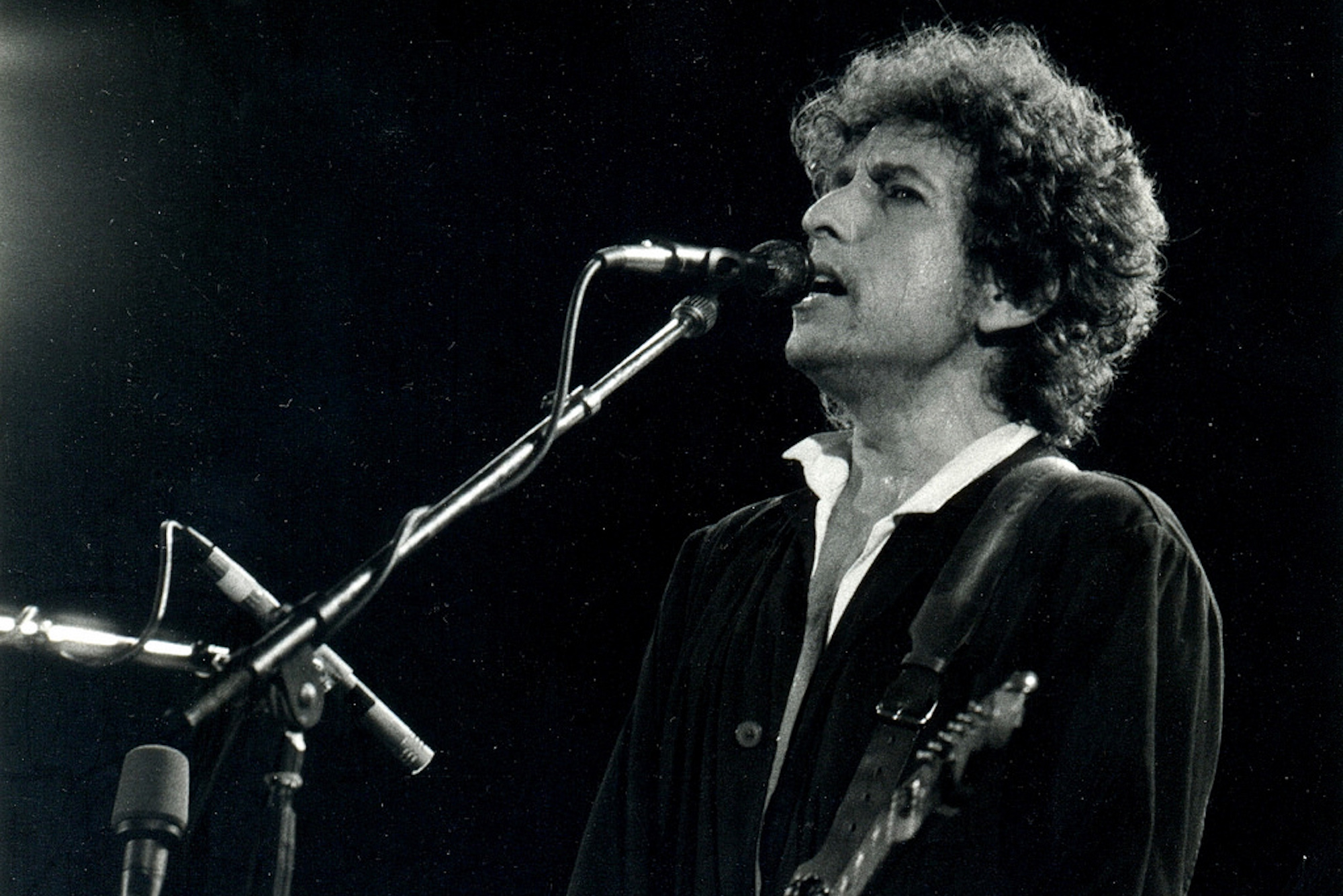Bob Dylan: The Poetic Virtuoso in the Tapestry of Folk Music
Introduction
Bob Dylan, an enigmatic figure veiled in mystery, has left an indelible imprint on the musical landscape of the 20th century. A poet of unparalleled brilliance, a folk icon of unparalleled influence, and a cultural provocateur who defied categorization, Dylan's multifaceted artistry has captivated generations, igniting intellectual debates and inspiring countless musicians. This essay will delve into the complexities of Bob Dylan, examining his literary prowess, his role as a folk music icon, and the enduring impact of his music on society.
Dylan's Poetic Mastery
Dylan's lyrics are a masterclass in language, blending surrealist imagery, biblical allusions, and astute social commentary. His songs are poetic narratives, each verse a brushstroke in a canvas of emotions and ideas. In "Blowin' in the Wind," he captures the pain and longing of marginalized voices with lines like "How many times can a man turn his head / Pretend that he just doesn't see?" (Dylan, 1962). His imagery is often haunting and enigmatic, inviting listeners to engage with the depths of their own consciousness.
Dylan's ability to weave personal experience with universal themes elevates his songs to the realm of literary masterpieces. In "Mr. Tambourine Man," the imaginary figure serves as a metaphor for the elusive nature of inspiration and the quest for self-discovery. "Subterranean Homesick Blues" satirizes the superficiality of consumerism, while "The Times They Are A-Changin'" captures the turbulent social and political landscape of the 1960s.
Icon of Folk Music
Dylan's association with folk music began in the Greenwich Village coffeehouses of the early 1960s. Influenced by folk legends such as Woody Guthrie and Pete Seeger, he adopted the genre's simplicity and storytelling tradition, initially performing traditional songs and social commentary. However, Dylan's unique songwriting style and enigmatic persona soon set him apart.
As the folk music revival gained momentum, Dylan became its enigmatic icon. His songs, with their poetic lyrics and political undertones, resonated with the growing youth movement. "Blowin' in the Wind" became an anthem of the civil rights movement, while "Masters of War" decried the Vietnam War. Dylan's music provided a soundtrack for the social and cultural upheavals of the time, serving as a catalyst for change.
Cultural Provocateur
Dylan's unwillingness to conform to genre conventions and his constant reinvention challenged the established norms of the music industry. In the mid-1960s, his "electric turn" at the Newport Folk Festival shocked purists, signaling his departure from traditional folk towards a more experimental and rock-oriented sound. This bold move alienated some of his early fans but marked the beginning of his journey as a musical innovator.
Throughout his career, Dylan has continued to experiment with different musical styles, from country to gospel to blues. He has collaborated with diverse artists, from Joan Baez to The Band, and his influence can be heard in countless musicians, including John Lennon, David Bowie, and Bruce Springsteen. Dylan's willingness to push boundaries and explore uncharted musical territory has earned him a reputation as a cultural provocateur, forever shaping the evolution of popular music.
Enduring Impact
Bob Dylan's influence extends far beyond the realm of music. His literary prowess has been recognized with the Nobel Prize in Literature in 2016, making him the first songwriter to receive the prestigious award. His songs have been used in films, plays, and documentaries, inspiring countless artists and intellectuals.
Dylan's music has played a significant role in social and political movements, providing a voice for the marginalized and challenging established power structures. His songs have inspired protests, influenced elections, and sparked debates on issues of race, war, and poverty. Dylan's enduring impact is a testament to his ability to connect with the human experience and to inspire generations with his artistry.
Critical Perspectives
Dylan's complex and often contradictory nature has elicited a range of critical perspectives. Some critics have hailed him as a prophetic voice, a visionary who revolutionized the art of songwriting. Others have accused him of being pretentious, inconsistent, and self-aggrandizing.
Critics who embrace Dylan's artistic genius point to the depth and complexity of his lyrics, his ability to capture the zeitgeist, and his willingness to evolve and experiment. They argue that his music transcends genre boundaries, resonating with listeners from all walks of life.
Critics who question Dylan's artistic merits often cite his occasional obscurity, his inconsistent vocal performances, and his tendency to revisit and reinterpret his earlier work. They argue that his reputation rests more on his iconic status and his influence on other artists than on the intrinsic quality of his music.
Conclusion
Bob Dylan is a paradoxical figure, an enigmatic poet who became a cultural icon. His unique ability to blend literary brilliance with musical innovation has left an enduring mark on the world of music and beyond. Whether celebrated or criticized, Dylan's influence is undeniable, his music continuing to inspire and provoke generations.
Dylan's legacy is one of social and artistic transformation. As a poet, he has challenged the boundaries of language, expanding the expressive possibilities of music. As a folk icon, he has ignited social movements and provided a voice for the voiceless. As a cultural provocateur, he has pushed the limits of musical conventions, inspiring countless artists to follow in his footsteps.
Bob Dylan's music is a testament to the power of art to reflect, shape, and challenge the human experience. In the tapestry of folk music, he stands as a virtuoso, his songs echoing through time, forever captivating and inspiring those who dare to listen.
Paul Kelly: Australia’s Legendary Musician And His Political Views
Oh Jung-se: The Actor Who Gained Recognition And Faced Backlash For His Roles



